Fruits may not be on the list of protein-rich foods, but some provide this important nutrient, adding rich ingredients like fiber, vitamins, and antioxidants.
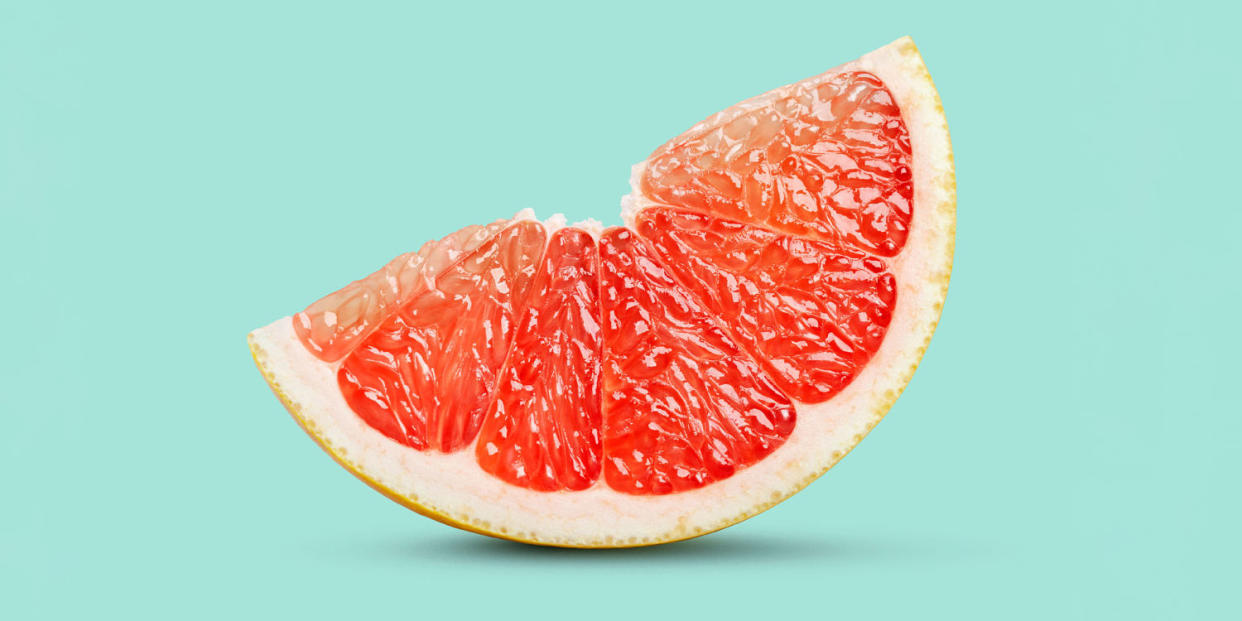
High-protein diets have long been popular for weight loss - Photo: Today
According to Today , high-protein diets are long-time favorites for weight loss. Compared to other plants like beans, lentils, nuts, fruits have lower protein content, confirms nutritionist Natalie Rizzo, Today 's nutrition editor.
“Every gram of protein matters, especially if you’re eating a plant-based diet,” Rizzo says, noting that most people need at least 20 grams of protein at each meal.
The sugar in fruit is a perfectly healthy addition to the diet, providing energy for daily activities and exercise.
Eating fruit also provides many benefits, including nutrients such as vitamins A, C, E and D; potassium, magnesium, antioxidants, plant compounds and fiber.
“However, the protein in fruit is a supplement, rather than something you rely on for protein,” says Rizzo. Here are the fruits with the most protein.
Passion fruit: "King" of protein
Contains 5 grams of protein per cup. This tropical fruit is high in fiber, calcium, and vitamins A and C. The flesh can be eaten fresh, used as a topping for yogurt, or added to juices and drinks.
Jackfruit
Contains 2.8 grams of protein per cup. When ripe, jackfruit is extremely attractive with its strong aroma, while the unripe fruit has a soft texture similar to chicken or pork, can be used as a meat substitute in vegetarian diets. Jackfruit can be grilled, stir-fried or added to stews.
Pomegranate
1 cup of pomegranate seeds contains 2.9 grams of protein. The “ruby red” seeds inside the fruit are high in antioxidants and provide fiber, fatty acids, and essential vitamins and minerals. Nearly 30% of the fruit’s seeds contain anti-inflammatory fatty acids that are beneficial for heart health.
Apricot
1 cup of sliced fresh fruit contains 2.3 grams of protein. 1 cup of dried apricot halves contains 4.4 grams of protein. This stone fruit comes with fiber, antioxidants, iron, and vitamins C, E, B6, and A.
Studies show that apricots contain “many important compounds” that help reduce inflammation. Apricots are delicious eaten fresh or as a dried snack. They are also on the list of foods that nutritionists recommend eating to prevent cancer.
Raspberries
1 cup of fresh berries contains 2 grams of protein. The deep purple-blue color of raspberries comes from bioactive compounds in the fruit and is a sign of powerful nutrients. The antioxidant properties of this berry “provide a remarkable arsenal for reducing cancer risk.” The fiber in raspberries also supports gut health.
Guava fruit
One fruit contains 1.4 grams of protein. This tropical fruit is rich in antioxidants, vitamin C, potassium, and fiber. Guavas have a sweet and sour taste, often compared to strawberries or pears, and can be eaten fresh, added to smoothies, salads, or made into jam.
Plum
A 42 gram box contains 1.4 grams of protein. Tiny but mighty in nutrition, raisins help promote satiety, benefit gut health, and improve heart health thanks to their high fiber content.
Raisins contain potassium, which helps regulate blood pressure, according to the American Heart Association, and are one of the healthy snacks recommended by cardiologists. Naturally sweet, raisins are high in calories, so it's best to eat them in moderation.
Citrus fruits
1 orange contains 1.2 grams of protein. 1 grapefruit contains 2.3 grams of protein. A well-known source of vitamin C, important for a healthy immune system, oranges and grapefruit are also high in fiber and potassium. They are nutrient-dense and low in calories. These fruits also contain a lot of water, so they can help hydrate and support feelings of fullness.
Melon
One cup of fresh, cut fruit contains 1.3 grams of protein. One notable feature of cantaloupe is its high vitamin A content. One cup provides 40% of your daily vitamin A needs, primarily in the form of beta-carotene, which is important for eye health and immune function. Cantaloupe is perfect for fruit salads, smoothies, and desserts.
Source: https://tuoitre.vn/9-loai-trai-cay-giau-protein-giup-xay-dung-co-bap-giam-can-20250119074439755.htm



![[Photo] Human love in the flood in Hue](https://vphoto.vietnam.vn/thumb/1200x675/vietnam/resource/IMAGE/2025/10/29/1761740905727_4125427122470875256-2-jpg.webp)
![[Photo] Hue: Inside the kitchen that donates thousands of meals a day to people in flooded areas](https://vphoto.vietnam.vn/thumb/1200x675/vietnam/resource/IMAGE/2025/10/29/1761738508516_bepcomhue-jpg.webp)

![[Photo] Prime Minister Pham Minh Chinh chaired a meeting to evaluate the operation of the two-level local government model.](https://vphoto.vietnam.vn/thumb/1200x675/vietnam/resource/IMAGE/2025/10/29/1761751710674_dsc-7999-jpg.webp)

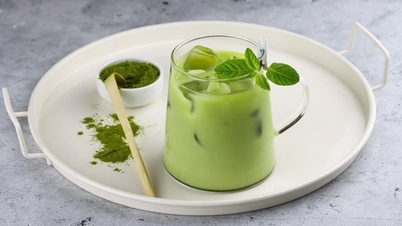
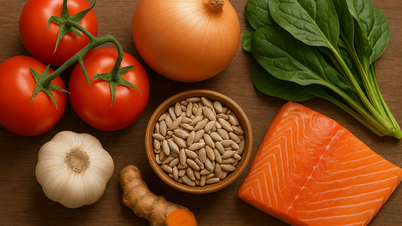

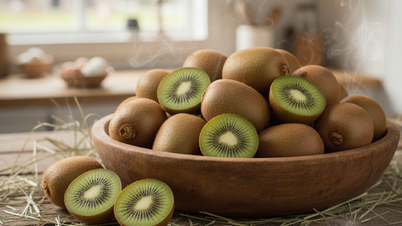


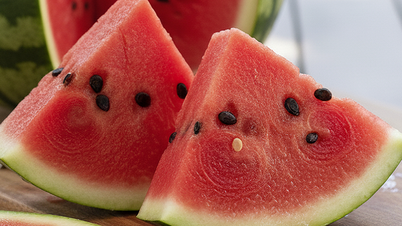
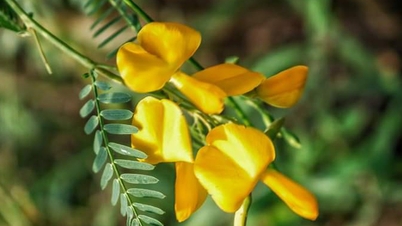
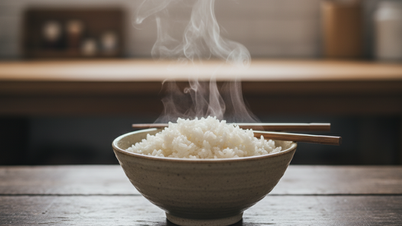






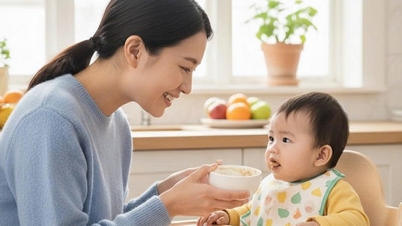







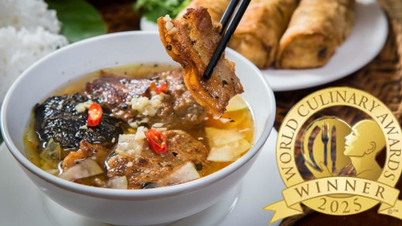













































![[Live] Concert Ha Long 2025: "Heritage Spirit - Brightening the Future"](https://vphoto.vietnam.vn/thumb/402x226/vietnam/resource/IMAGE/2025/10/29/1761743605124_g-anh-sang-am-thanh-hoanh-trang-cua-chuong-trinh-mang-den-trai-nghiem-dang-nho-cho-du-khach-22450328-17617424836781829598445-93-0-733-1024-crop-1761742492749383512980.jpeg)























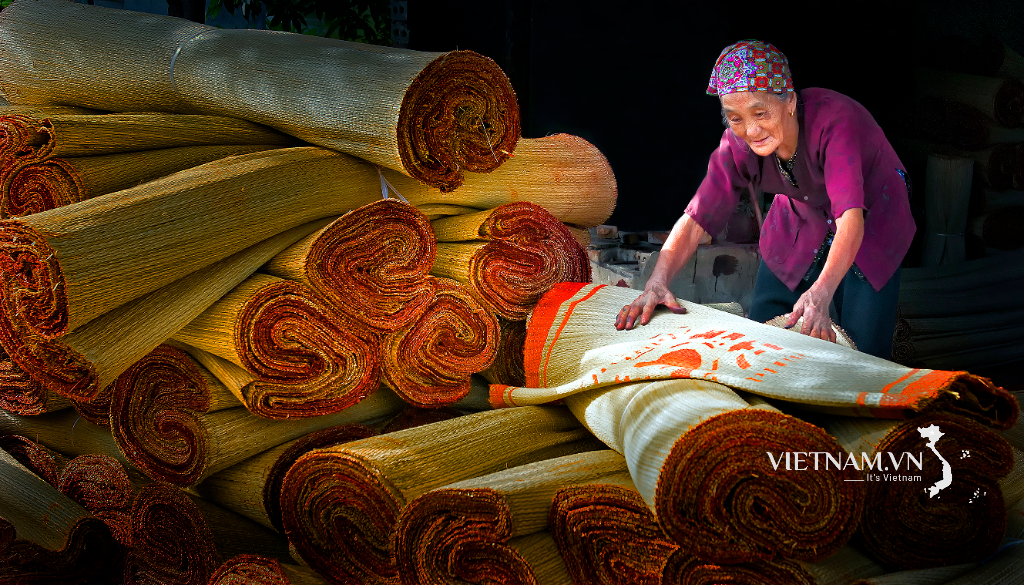



Comment (0)